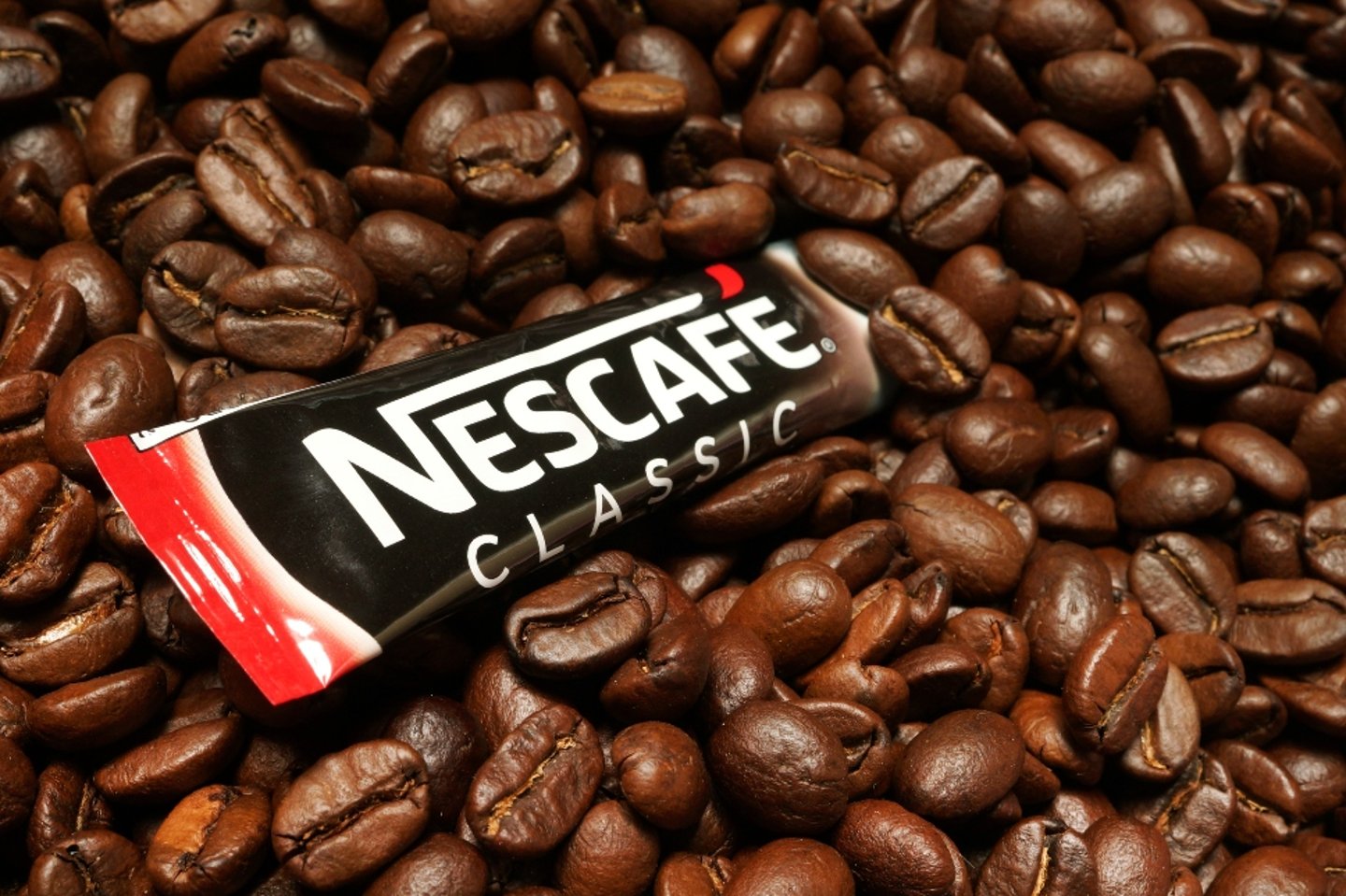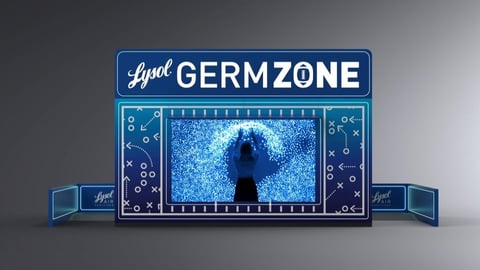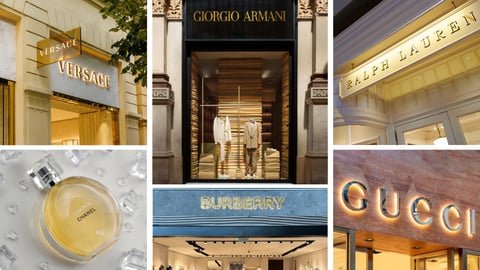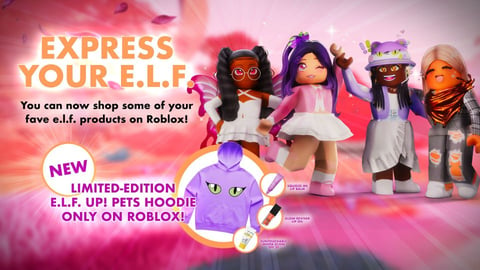Nestlé Leveraging VR to Create and Test Virtual Product Prototypes
Nestlé is piloting the use of VR in product development, experimenting with tools and technologies that will enable them to create and quickly test product prototypes across the metaverse and Web3.
The company says it will not halt the creation of real-world product prototyping, but it’s hoped that this expansion into the virtual world will streamline the product creation process and allow developers to track key metrics more easily.
Most recently, Nestlé leveraged AI to analyze data from social media and digital resources, then used these insights to develop Nescafé Dalgona coffee mixes and Nesvita plant probiotic supplements. The virtual prototypes could take this process to the next level, Nestlé says, and will hopefully allow developers to track and test consumers’ perceptions of new products as they interact with them in the metaverse or Web3 space.
“While creating and testing physical prototypes remains key, virtual capabilities help our product developers quickly see if they've hit the mark with a new product, saving time, effort, and materials,” said Nestlé S.A. chief technology officer, Stefan Palzer, in a blog post on the company's website.
The company has been experimenting with virtual reality and immersive experiences for some time – in 2015, for example, Nescaf leveraged a Google Viewer to ‘transport’ consumers to Brazilian coffee fields via their phones – but these efforts have intensified and grown more sophisticated as the technology has evolved.
The company recently turned to VR solutions to optimize its shelving and merchandising efforts for its pet food division, Purina. Using planogram data provided by Blue Yonder, the implementation leverages a 3DVRS’ (VR) Headset solution to allow retailer associates to meet and interact in the metaverse, share best practices, accelerate execution, and look over store allocations wherever they’re physically located in the world.
Elsewhere in the market, companies such as L’Oréal are setting the stage for a more significant expansion into VR, recently rolling out an augmented reality platform for those with limited hand and arm mobility as well as a platform that allows users to create a full-body 3D avatar and use it in the metaverse.
VR and AR experiences also remain a staple marketing effort for a number of CGs. In the run-up to the 2022 holiday season, for example, PepsiCo N.A. and Frito-Lay’s invited consumers to a new digital Holiday Village, featuring Frito-Lay's limited-time snacks and the opportunity to “try on” branded merch through a Snapchat-enabled Portrait Studio.






